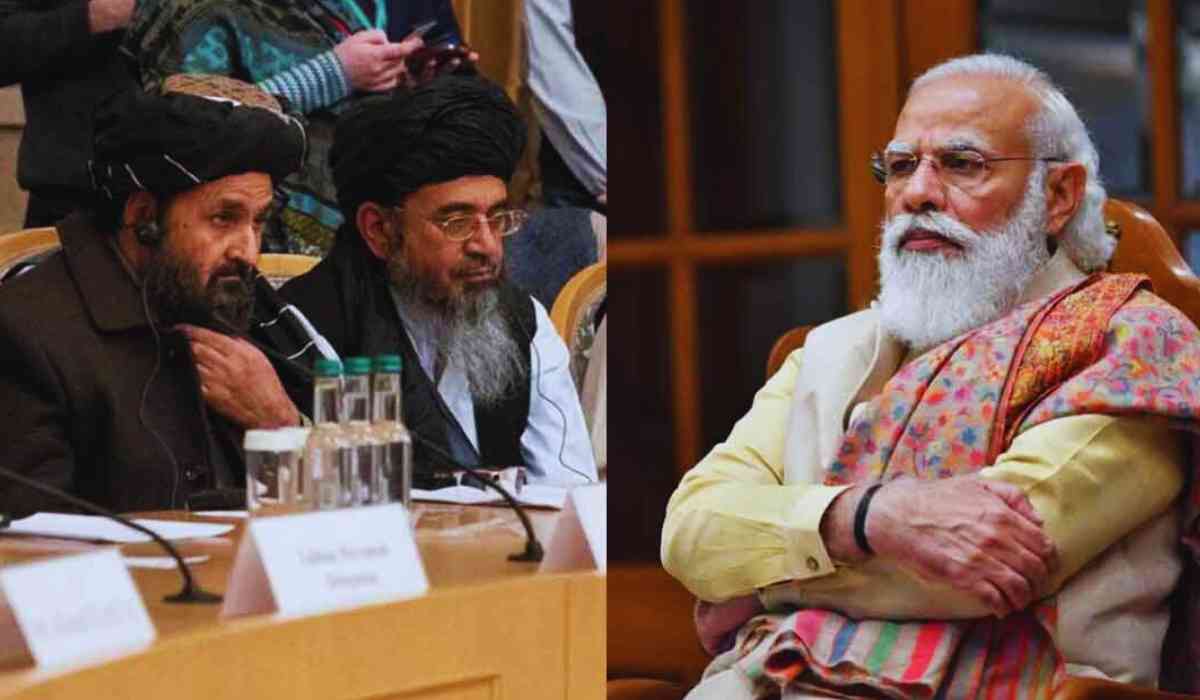India's recent diplomatic engagement with Afghanistan's Taliban government shows a significant change in its view of the geopolitical situation in the area. This shift follows more than three years after India faced a major setback when Kabul fell to the Taliban.
After investing significantly in Afghanistan's democratic framework for twenty years, India saw its efforts fall apart with the Taliban's return. During this time, regional players such as Pakistan and China have built stronger connections with Kabul. But with the Taliban getting recognition at international stages, India needs to adjust its strategy to protect its interests, including trade routes and security.
The Glimpse of The Diplomatic Conversation
In recent times, India extended its outreach with the ruler of Afghanistan, the Taliban. Indian Foreign Secretary Vikram Misri met with the acting foreign minister of the regime, Amir Khan Muttaqi, in Dubai on Wednesday.
The Taliban Foreign Affairs Ministry stated that discussions included security issues in Afghanistan, the importance of India's involvement in development projects and humanitarian aid, and Afghanistan's use of the Chabahar port in Iran to facilitate trade.
"In line with Afghanistan's balanced, economy-focused foreign policy, the Islamic Emirate seeks to enhance political and economic relations with India as a key regional and economic partner," the statement indicated.
This meeting was the highest level of dialogue between India and the Taliban since the Taliban took control of Kabul in August 2021.
What is The Progress Made?
Though India has not spoken clearly about officially recognizing the Taliban regime, India has emphasized expanding bilateral ties and maintaining regular communication channels at various levels.
In the recent conversation, the major topics of discussion were:
Security Concerns:
India shared its worries about threats from groups like ISIS and other terrorist organizations. The Afghan side acknowledged these concerns and showed a willingness to cooperate.
Humanitarian Aid:
India offered a commitment to ongoing humanitarian support, which includes food, medicine, vaccines, and relief supplies. This reflects India's efforts to meet Afghanistan’s development and emergency needs.
Development Projects:
India showed interest in contributing to development projects in Afghanistan, highlighting its long-standing friendship with the Afghan people. There was discussion about potential collaboration on infrastructure and essential services projects.
Trade and Economic Partnerships:
Enhancing trade through Iran’s Chabahar Port was a major topic. The Taliban acknowledged India as an important regional and economic partner and aimed to strengthen both political and economic connections.
Why has India Still Not Officially Recognised Taliban Regime?
Like many other nations, the major concern of India about the Taliban regime in Afghanistan is humanitarian oppression and dominance over women. Other major areas of concern for India are inclusivity, human rights abuses, particularly against women and minorities, and connections to terrorist groups.
In the meanwhile, India focuses on regional stability, security, and its investments in Afghanistan while keeping a close watch on the government's actions and the international diplomatic situation.
Experts suggest that India is effectively addressing both its immediate and long-term needs in sustaining relations with Afghanistan, aligning with New Delhi's policy in light of the global realization that the Taliban is likely to remain in power, whether for better or worse.
With inputs from agencies
Image Source: Multiple agencies
The views expressed are personal to the author and do not reflect the platform's opinion of the same.
© Copyright 2024. All Rights Reserved Powered by Vygr Media.
Author's Profile
Ayushi is passionate about creating content that not only interests the reader but actually helps them add to their knowledge. Holding a degree in science, Ayushi is exploring her creative writing as she transforms ideas into compelling narratives that resonate with readers.
























